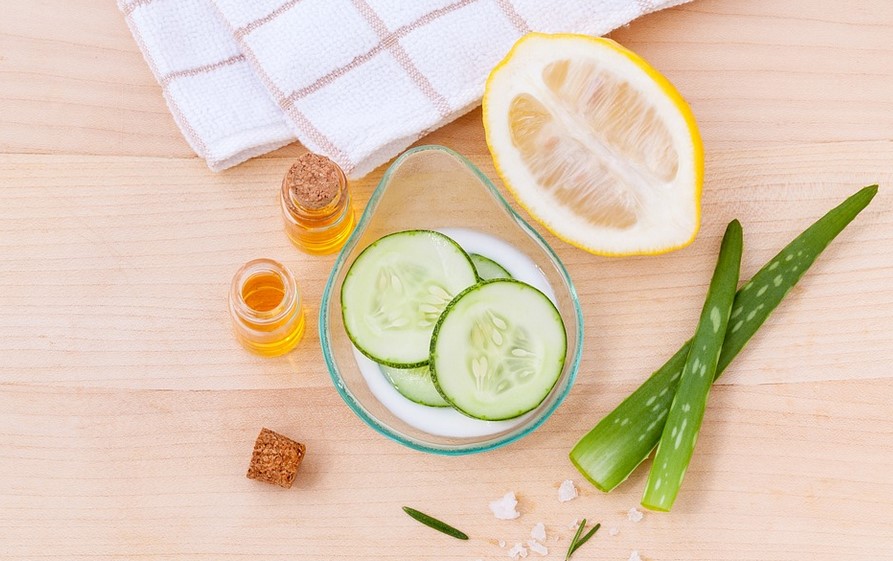The Importance of Plumbers Grease
When it comes to maintaining your plumbing system, one of the most important tools in your arsenal is plumbers grease. This viscous substance is used to lubricate and protect various plumbing components, including faucet stems, o-rings, and valves. Without it, these parts can become worn and corroded over time, leading to leaks and other issues.
The Problem with Traditional Plumbers Grease
While plumbers grease is an essential tool for any homeowner looking to maintain their plumbing system, it’s not without its downsides. For one, traditional plumbers grease is made from petroleum-based products, which can be harmful to the environment. Additionally, it can be difficult to clean up if spilled, and can stain clothing and other surfaces.
Alternatives to Traditional Plumbers Grease
Fortunately, there are several substitutes for traditional plumbers grease that are both effective and eco-friendly. Here are a few of the best options:
1. Silicone Grease
Silicone grease is an excellent substitute for traditional plumbers grease. It’s made from silicone, which is non-toxic and safe for the environment. Additionally, it’s easy to clean up if spilled, and won’t stain clothing or other surfaces.
2. Vegetable Oil
Believe it or not, vegetable oil can be used as a substitute for plumbers grease in a pinch. While it’s not as effective as silicone grease, it can help lubricate and protect your plumbing components. Just be sure to clean up any excess oil to avoid attracting pests.
3. Beeswax
Beeswax is another natural alternative to traditional plumbers grease. It’s non-toxic and safe for the environment, and can be applied to your plumbing components to help protect them from wear and tear.
How to Apply Substitute Plumbers Grease
Regardless of which type of substitute plumbers grease you choose, the application process is generally the same. Here’s a step-by-step guide:
Step 1: Clean the Area
Before applying any type of plumbers grease, be sure to clean the area thoroughly. Use a rag or towel to wipe away any debris or dirt, and ensure that the surface is dry.
Step 2: Apply the Grease
Using a small brush or your finger, apply a thin layer of substitute plumbers grease to the area you want to protect. Be sure to apply it evenly, and avoid using too much.
Step 3: Reassemble the Component
Once you’ve applied the grease, reassemble the plumbing component and test it to ensure that it’s working properly. If you notice any leaks or other issues, you may need to apply more grease or seek the help of a professional plumber.
Conclusion
Maintaining your plumbing system is essential for the health and safety of your home. While traditional plumbers grease is a useful tool, it’s not always the best option for homeowners. By using one of these substitutes, you can protect your plumbing components while also doing your part to protect the environment.

